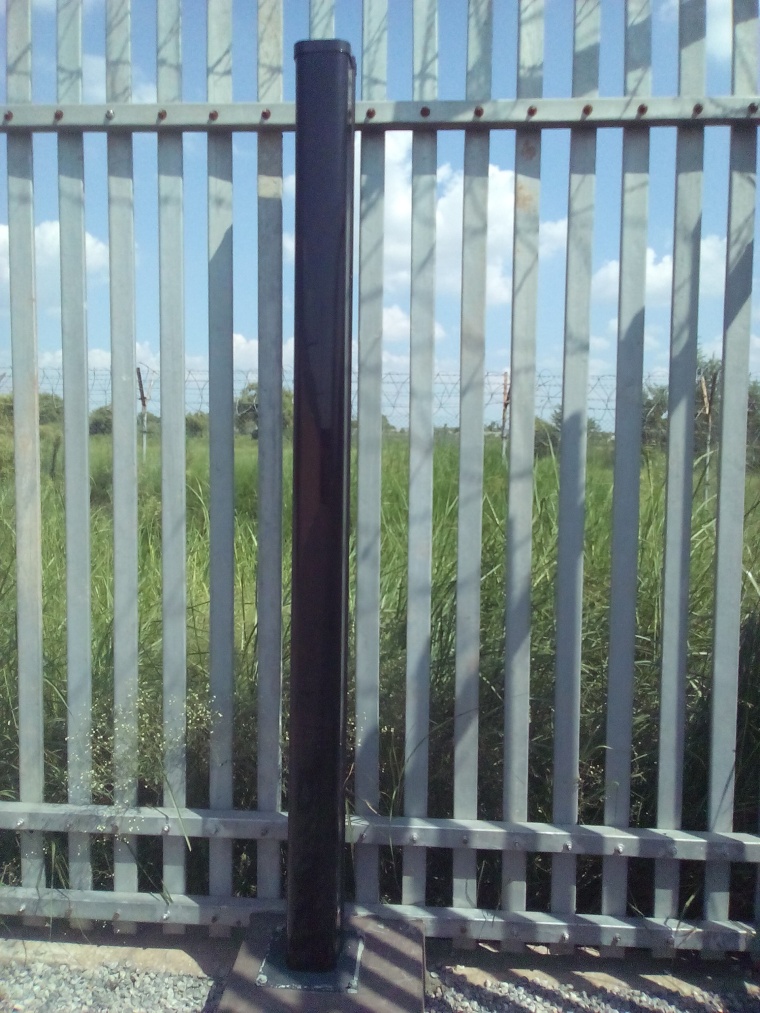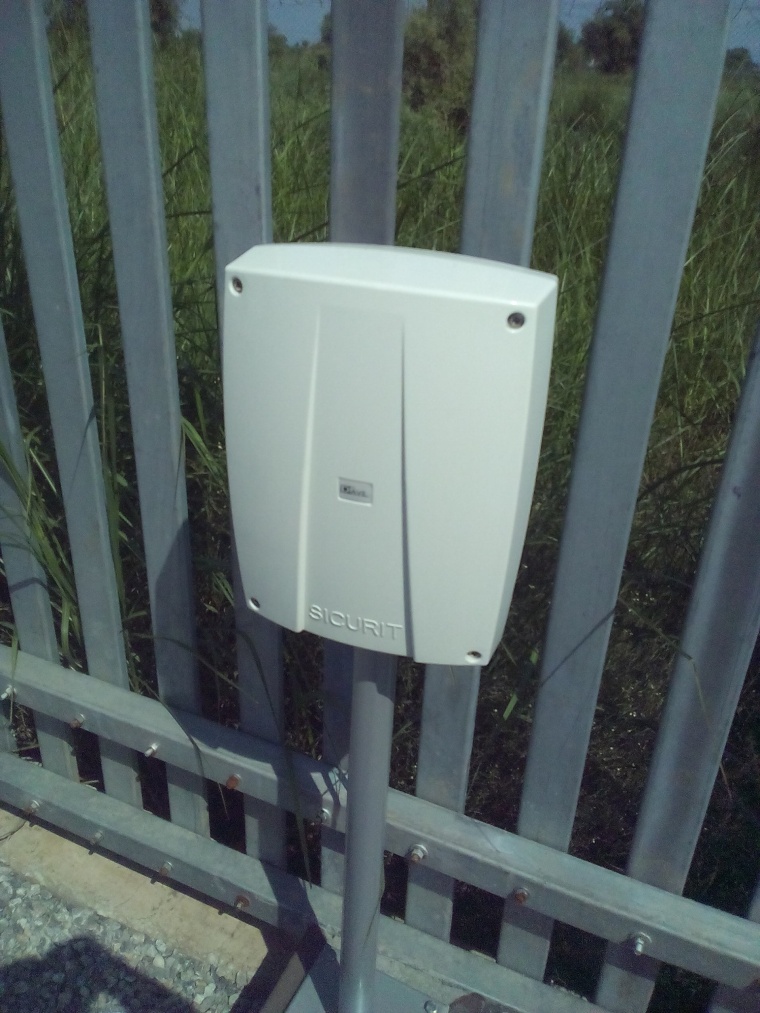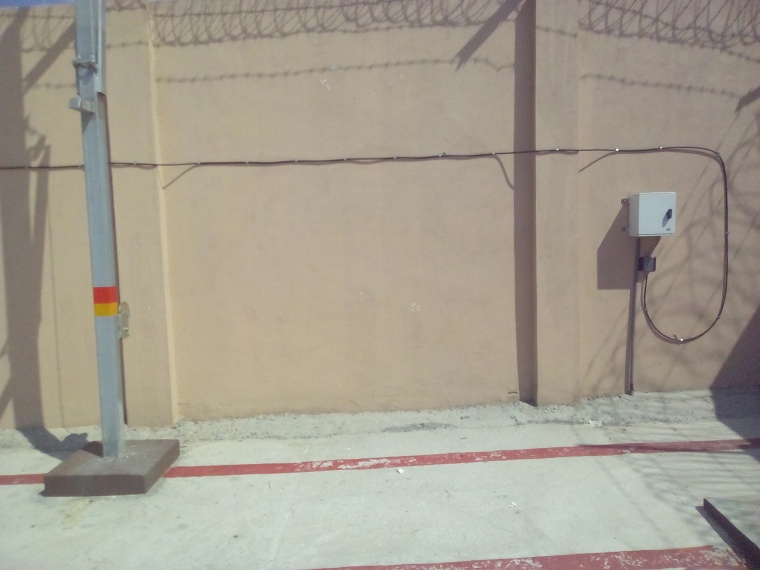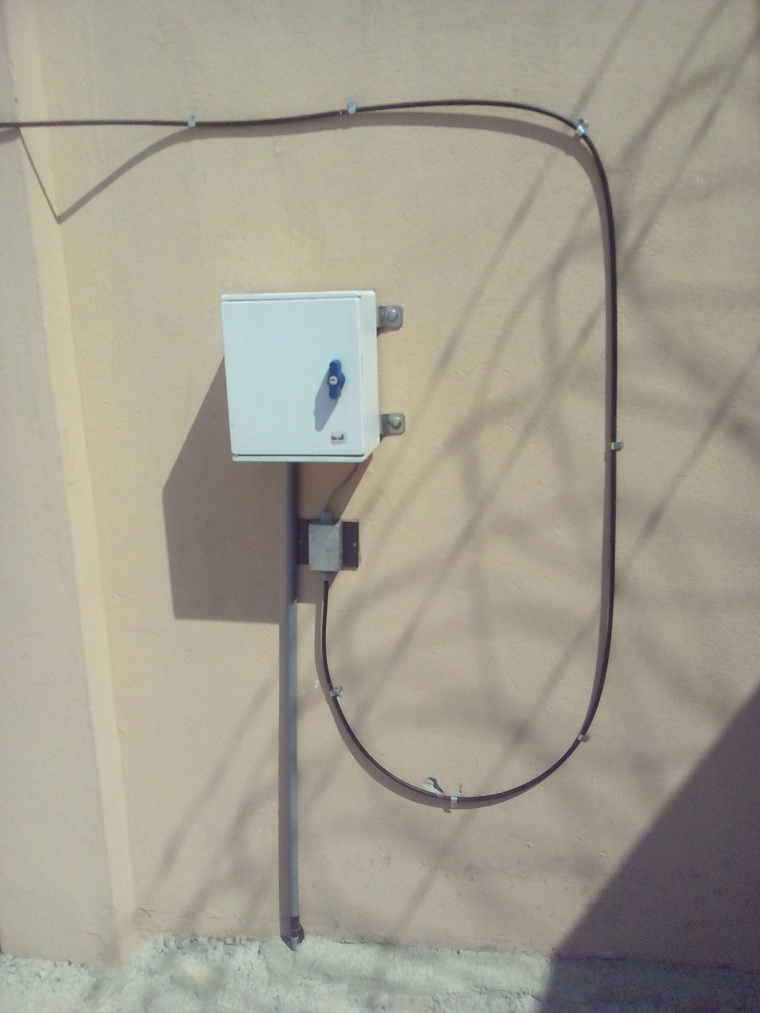Perimeter Protection: Nuclear Safety - Sicurit Alarmitalia for Training Facility in Pakistan
Pakistans Nuclear Regulatory Authority (PNRA) has established a physical protection exterior laboratory (PPEL) in Islamabad a facility for the training of security professionals i...




Pakistan’s Nuclear Regulatory Authority (PNRA) has established a physical protection exterior laboratory (PPEL) in Islamabad – a facility for the training of security professionals in nuclear power plants. It is sponsored by the International Atomic Energy Agency (IAEA) Vienna, Austria. Perimeter protection and access control come from the Italian manufacturer Sicurit.
Sicurit’s Pakistani partner, Technology Windows Enterprises based in Rawalpindi Pakistan, was awarded the contract by IAEA. It contained the design, procurement, installation and integration of intrusion detection systems, access control, CCTV and a variety of physical barriers.
Essential Requirements
The client intended to deploy a variety of intruder detection systems (IDS) – to demonstrate the trainees the current level of IDS technology, and different techniques that are used to detect intrusion attempts. The participants learn how to ensure reliable performance of these techniques under any environmental condition – simultaneously ensuring a low false alarm rate.
Sensors
For training purposes the PPEL depicts a mock-up of a nuclear power facility comprising a protected area perimeter (PAP), and an associated vital area (VA). There are about 18 different types of sensors deployed to demonstrate the variety of sensors – including the technology associated with it – that is available to secure facilities like nuclear power plants against the threat of terrorism or vandalism. A number of Sicurit sensors have been deployed in PPEL by Technology Windows Enterprises: Bistatic Microwave Sensor (Dave), Dual Technology Sensor (Absolute), Wall Vibration Sensor (Wall Guard, see video), the passive IR Sensor (Infratronic), and the company’s security management Software (Hyper Power Lite).
The major reason for selecting the Italian manufacturer’s sensors was their experience in developing and producing devices that are especially designed to protect highly sensitive sites – and the company’s partners ability to successfully install, integrate and provide maintenance support during warranty and thereafter. The experts of Technology Windows Enterprises have been trained and certified by Sicurit for installation and integration.
Wall Guard (see also video):
Wall Guardhas been developed for the protection of sensitive buildings that could be breached by means of breakthrough attempts, providing an additional prevention which results relailable agaist nuisance alarms caused by environmental factors, cost effective and easy to install. Wallguard most requested applications are for banks caveau, logistic depots, data centers and remote warehouses.
How it works: The system operates by means of a sensor cable that can be mounted on walls or drowned during building construcions into the reinforced concrete. Wallguard detection principle is based on vibration analysis able to properly filter nuisances which could be caused by nearby heavy track moviments or thunders.
No sensitive zones: Where detection is not required, NO sensitive zones can be created using Junction boxes and standard cable (e.g. in order to bypass gates or simply remote the Evaluation unit from the protected surface).
Business Partner
Sicurit Alarmitalia SpaVia Gadames 91
20151 Milano
Italy
most read

Safety and Security in an Emergency: How companies take responsibility with strategic personal protection and amok prevention
Personal protection & amok prevention: strategic concepts, training & responsibility for corporate safety and security


Airbus Defence and Space: Security as a strategic pillar of Europe's defense capability
Airbus Defence and Space protects sites, technologies and employees with modern security and cyber solutions - strengthening Europe's resilience in uncertain times

When the Internet stumbles: Why DNS is important
When DNS fails, the internet stumbles-AWS outage proves resilience and redundancy are vital for digital trust

Assa Abloy's battery-powered Aperio KL100 secures lockers
Boost workplace security and operational flexibility by securing more than just doors.








